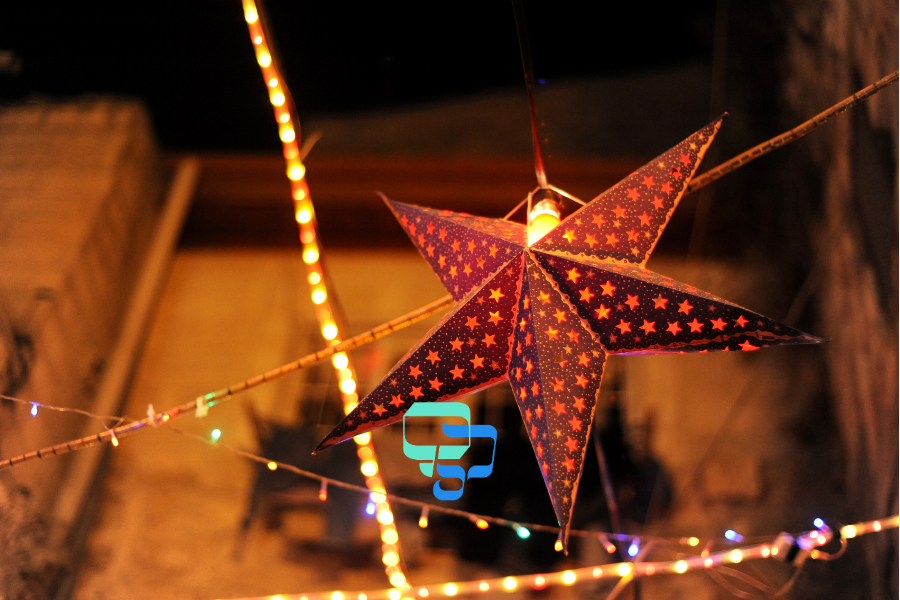
For this blog post we're sharing the reflections of three of our volunteer speakers from Palestine on the holy month of Ramadan, as they reflect on what this time means to them and its significance during the ongoing COVID-19 pandemic, which is currently in its third and worst wave in the Occupied Palestinian Territories. Next week we will have a longer piece from Mais about her experiences of Ramadan this year. Its important to note that these were written before the very troubling events in Jerusalem over the weekend beginning on the evening of 22nd April, and as such are not meant to be a response or discussion of that ongoing situation - Laurence Conneely, SNS Media & Comms Manager
By Mais
"For anyone whose never lived the experience, Ramadan might appear to be about food: don’t eat after sunrise, do eat after it sets, but there are many details within a day between these two suns. Everyone is trying to make use of the holy month and feed their souls the best way possible; they read the Quran more often, commit to prayers, do extra prayers, and try to be the best versions of themselves. But no, this is not enough to create a tolerable utopian society, especially a few hours before the Iftar when everyone is tired and tempers easily flare. However, all the weary moments of the long day fade away with the first sip of cold refreshing water when the family sits together over a generous table of frantic dishes. The nights of this month are always special: lanterns replace the modern lighting and colour the neighbourhood alleys with pink, red, yellow, blue and orange, kids fill out the streets running to buy snacks from the supermarkets, and people head to the mosques to pray the last prayer of the day."
By Saed
"For me the month of Ramadan has been a time of mental and physical reset, given the many aspects that come with this month such as fasting where I can control and check my diet better and the reduced work schedule where I have more time to focus on self-improvement, such as taking online courses and trying to improve some of my skills and have more time with the family at home. But because of the ongoing pandemic situation this year’s Ramadan, just like last year, has a different atmosphere than what people are used to. With the social and governmental regulations that aim to reduce the impact of COVID-19 infections between people, the biggest impact that can be felt is the reduced number of meeting extended family members and neighbours on the Iftar meal table. For my parents, as a result of the closures and the COVID regulations, they couldn’t visit and pray in the Al Aqsa Mosque as they are used to doing every Ramadan."
By Mohammed
"Ramadan in Palestine is a special and unique time for all Palestinians, Muslims and Christians - some of whom fast for few days in solidarity or even the whole month. Things tend to go a little slower and start a bit later than on regular days. The downtown of each city will have bright lights and a lot of wonderful smells of different Ramadan drinks, spices and pickles; my favourite is the “Atayef” which looks like pancakes, stuffed with cheese, walnuts or almonds, deep fried and then soaked in sugar syrup.
The important spirituality of Ramadan is that the doors of heaven - 'Jannah' - are open and the door to hell - 'Nar' - is closed. Ramadan is supposed to be the month of festivity and focusing on wellbeing so you can worship God. Many want to attend prayers in Al Aqsa Mosque - but unfortunately only the extremely lucky are given permits by the Israeli authorities to go and visit, though this year most Palestinians have been additionally been suffering from the restrictions imposed to tackle the COVID-19 pandemic and a lot of them have lost their jobs and some of the beloved ones as well. A lot of Palestinians have joined the one million Palestinians who were already suffering from food insecurity. This year, I wish that all people all around the world have an easy fast as well as a meal for the day."
#HumansOfSNS
Photo is courtesy of Guillaume Paumier, CC-BY